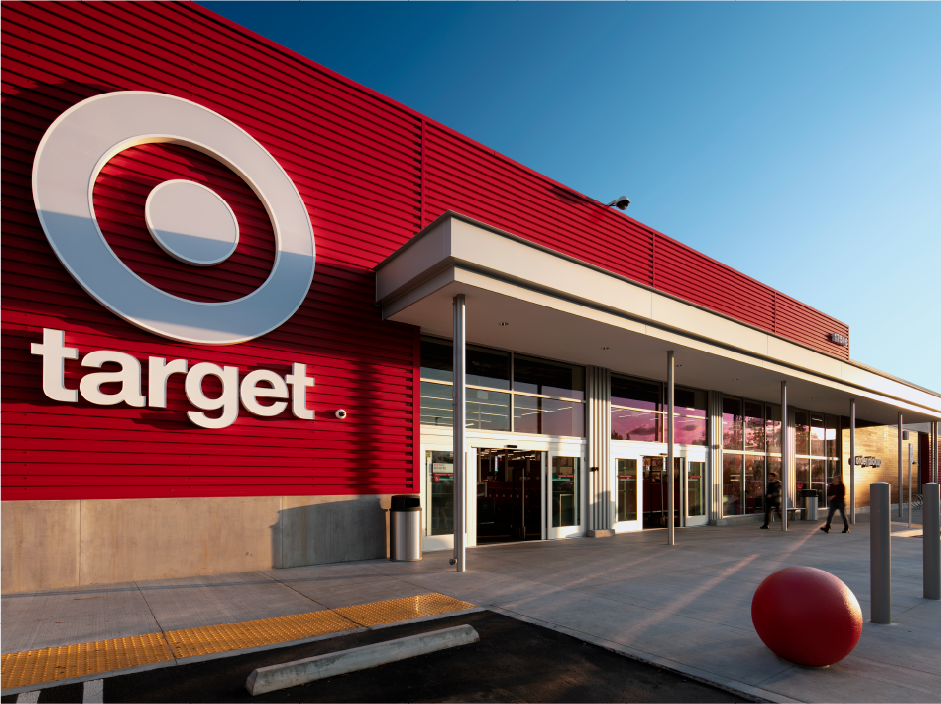Target is struggling, PEOPLE POWERED BOYCOTTS WORK!
Here’s the 411: Target backed out of $2 billion with DEI months ago and has since lost market value by $12.4 billion. They lost WAY more than anyone was probably expecting, and it’s all because of the people-powered boycotts against the retail giant.
This week, Target announced that CEO Brian Cornell, who had been the leader for about 10 years, is set to step down on February 1. The COO, Michael Fiddelke, will take his spot.
In what I still find shocking, Target has been struggling to recover from the people-powered boycotts that took over since January. The crazy part of this all is that the new CEO isn’t even acknowledging that the boycotts caused this dent. He said that his three main focuses will be reclaiming the company's position as a leader in selecting and displaying merchandise, improving the customer experience by making sure shelves are consistently stocked/clean, and investing in technology.
The thing is, Target has reported either declining or flat sales in both their physical and online stores in nine out of the 11 past quarters. Their net income has dropped by 21%, which is substantial, especially in this economy. According to Placer.ai data, foot traffic in July alone was down 3.8%, and this has been a trend for the past six months.
To be clear, Walmart was the first company to back out of DEI, but Target became the focus of the boycotts because customers felt betrayed. For a company that previously championed itself on inclusion, it was a huge national blow.
Civil rights leaders and activists are responding to the CEO's step down, urging their supporters to stand firm and continue to boycott Target. I assume that these boycotts won’t end unless Target reverses its decision and reinitiates the DEI programs it rolled back.
Target isn’t even the only company to struggle this way, either. After launching their unusual Sydney Sweeney campaign, data indicates a 9% decrease in in-store foot traffic. Comparatively, Anercombie and H&M are seeing declines as well, but not even close to as bad as American Eagle. We won’t know precisely how badly the ad impacted them until their subsequent quarter sales calls, but it’s not looking great.
Tesla has been forced to offer discounts as high as 40% to their UK car leasing companies, as they struggle to sell their product there as well. Not to mention, he’s having a tough time selling his Cybertrucks, as he faces the worst year in sales yet for the model.
Target's ongoing struggles show us the real and lasting impact that consumer-led boycotts can have on even the largest corporations. Backing out of its $2 billion DEI commitment not only sparked outrage but also led to a measurable decline in both sales and consumer trust, reflected in a staggering $12.4 billion loss in market value.
The leadership change, while significant, seems tone-deaf to the root cause of the backlash. You can’t just ignore the central role that public sentiment and accountability play in today's marketplace.
Until Target, and other brands facing similar declines acknowledge the social consequences of their decisions, recovery may remain out of reach. This isn’t just a financial or marketing issue, it’s a cultural reflection of our society, and consumers are proving they won’t be ignored.



Target and other companies that have followed this administration’s DEI policy should realize that their bottom line will continue to drop until they start fighting FOR THE PEOPLE!!
Excellent! 🙌😁🫂💕
You are All Amazing! 🤩